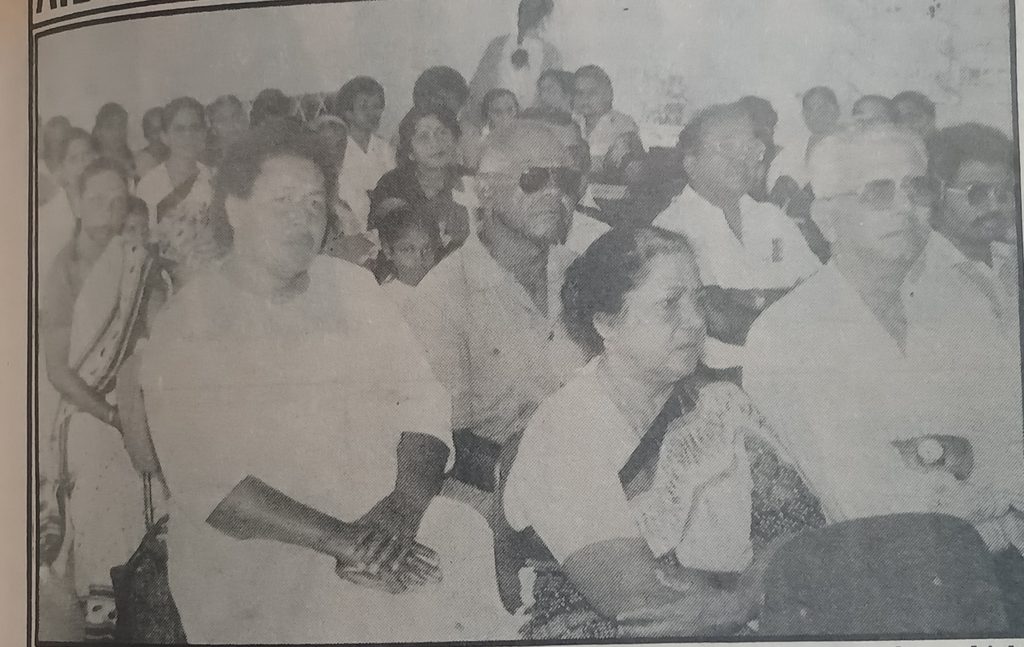Education will play a key role in the control and prevention of AIDS in the South Pacific, says World Health Organization AIDS consultant/epidemiologist Dr Rabin Sarda.
In an article published in The Fiji Times on May 11, 1990, Dr Sarda spoke at the opening of a two-day AIDS seminar.
He said people in the region had time to protect themselves by learning more about the disease.
“It is also true that since the onset of this epidemic, much has been learned,” Dr Sarda said.
“We do not have a cure nor a vaccine, and the outlook for one or the other is still uncertain for the next five years at least. But we cannot wait because this epidemic almost doubles its numbers each year.”
Dr Sarda said the cost of human suffering, let alone the economic cost, was staggering.
He said people needed to conquer shyness, particularly women when discussing sex.
“This is a subject you cannot avoid when dealing with HIV and AIDS,” he said.
Dr Sarda told participants they would have to find accepted ways of communicating sex messages.
“You will have to deal with the embarrassment of young people when you talk to them about sex and in attempting to make them frank about their views.
“You will have to talk about condoms. Its use must be discussed.”
Dr Sarda encouraged participants to discuss these issues during the seminar because their success or failure depended on their ability to communicate openly with others.
He said it was important that HIV infection transmission and prevention be discussed.
He said blood transmission could be prevented by public health measures, but sexual transmission needed a change in people’s behaviour.
Dr Sarda said there were educational materials available through the National Advisory Committee on AIDS.
He said there were about 600,000 reported cases of AIDS worldwide and six million persons carried the HIV positive infection.
He said when he first came to Fiji in September the year before, there were three HIV-positive cases and one AIDS patient.
The AIDS patient had since died and the number of HIV positive cases had increased to seven.
He said it was true that AIDS cases followed a particular pattern of a slow beginning followed by a sharp rise in the number of individuals affected, and without proper prevention strategies, the same pattern would be repeated here.
The seminar also featured talks by Dr Salik Ram Govind, the assistant director of Primary and Preventive Health Services and National AIDS Prevention and Control program co-ordinator.
Lautoka Hospital pathologist Dr Dhana Gounder talked about blood testing.
Dr Raghwan Narayan, consultant gynaecologist and obstetrician at Lautoka Hospital, talked about the prevention of AIDS and STDs.
Fiji Medical Association president Dr Davendra Nandan talked about the transmission of the virus and counselling and confidentiality.



